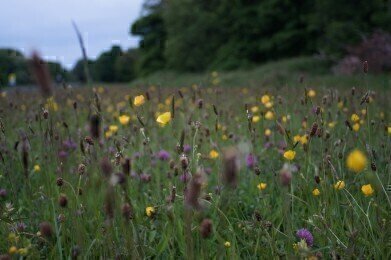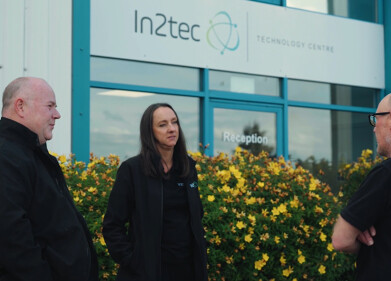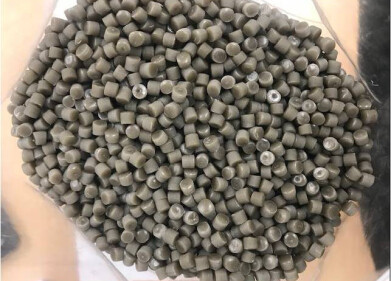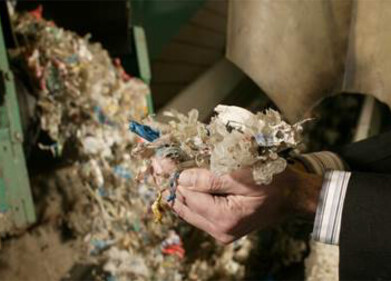Waste Management
A Diverse Look at Biodiversity
Sep 25 2014
Biodiversity is short for biological diversity. The term is used to describe the wide variety of life on Earth. It encapsulates all life — animal, plant, microorganisms and bacteria — in all environments, from the rainforests to the Arctic, from the atmosphere to the ocean floor.
The diversity of the known life on Earth is staggering — as a species we have not experienced the whole range of biodiversity available on Earth. All of the animals, plants and environments come together to make the global ecosystem, the collection of living things and the environment they live in.
Why is Biodiversity Important?
It is the range of biodiversity that keeps the Earth alive, in that all the different parts interact with each other to ensure the survival of the whole. It is the diversity of life on Earth that allows Man as a species to thrive.
Biodiversity as a concept is important in that it recognises that all life is a result of interactions between the millions of organisms on Earth. There is a balance that the global ecosystem maintains to ensure life on earth continues.
What does Biodiversity provide?
Food - It is staggering that 80% of the world’s food comes from just 20 kinds of plant. It is through biodiversity that the Earth provides us with the animals and fish that we eat.
Medicines - Plants provide a rich source of material for drugs and drug discovery. We have only investigated a small fraction of the plant species for medicines; there are many possible compounds waiting to be discovered that could be useful for drugs in the future.
Resources - Biological materials provide many of the raw materials we need to manufacture goods and building materials. Dyes, wood, oil and resins are just a few of the many materials that we can use because of the diverse nature of the world.
Perhaps the most important service that the rich biodiversity on Earth provides is the role it plays in maintaining Earth. It is due to the rich biodiversity on Earth that fresh water, rich soil and clean air exist for us to use. Earth as an ecological system can maintain itself and recycle waste products to provide new and clean materials.
As a species, we have attempted to replicate this process using artificial environments, and failed.
Recently, researchers at the University of Brighton (UK) have been awarded £85,000 to develop a new technique to help improve the biodiversity of freshwater ecosystems and save millions in monitoring costs by targeting the most polluted areas. This is discussed further in this blog: Maximising Biodiversity, Minimising Cost.
Threats to Biodiversity
The ecological system that allows life on earth faces many threats to the delicate balance that allows a rich biodiversity to survive. Unfortunately, most of the threats come from Man’s interference in the system.
The main ways that Man has found to damage the ecosystem include:
- habitat loss,
- pollution,
- climate change due to anthropogenic global warming,
- an increasingly overcrowded planet, and
- over exploitation of resources.
It is important that as a species Man measures the impact on the Earth’s ecology of the various threats. One of the ways of doing this is to measure and preserve biodiversity. This is described in the article: Banking on Sterilisation.
Events
Nov 26 2024 Paris, France
Nov 27 2024 Istanbul, Turkey
H2O Accadueo International Water Exhibition
Nov 27 2024 Bari, Italy
Biogas Convention & Trade Fair 2024
Nov 27 2024 Hanover, Germany
Dec 11 2024 Shanghai, China







-as-feedstock.jpg)






